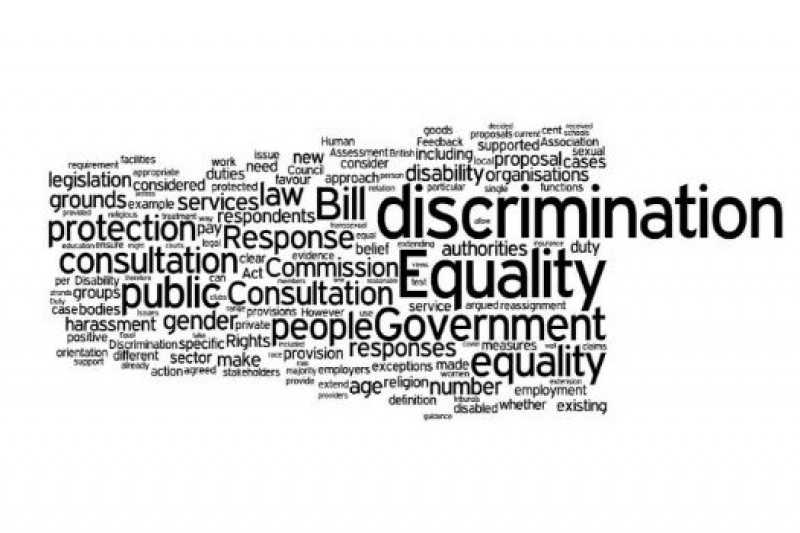This time of year is perfect for picking up a bargain. With Black Friday (29 November) and Cyber Monday (2 December), companies go all out to offer amazing deals to attract your business.
Unfortunately, all these email offers and fantastic deals give cybercriminals an opportunity to lure you in to handing over your personal/financial information for illegitimate purposes. It’s easy to be a bit bamboozled by the amazingness of it all and forget to be cautious – it can happen to anyone.
Here’s a few tips to help you grab a bargain and stay safe online
Don’t be fooled by offers that look too good to be true - they probably are!
Before clicking on any links, ads and visiting websites - follow these quick tips:
1. Make sure you are visiting the correct website
Using a search engine is a quick way to find things you’re looking for. But, before clicking a link, take a moment to check the URL is what you were expecting. For example, you search for ‘Debenhams’ and see the logo and link to their website. However, upon closer inspection the URL reads ‘https://www.mysalessite.debenhams.com’.
This doesn’t read right and is an attempt to trick you into visiting a fake (spoofed) webpage. If a URL does not read right, do not click the link and verify the correct URL using other means.

2. Check the email address of the sender
Just like fake URL’s, cybercriminals will often use an email address that is similar, but not identical to, the official email address used by the brand they’re impersonating. Look for numbers where there would usually be letters, repeated letters, or spelling mistakes. An email from [email protected] or [email protected] is likely to be a scam.
3. Hover over links before clicking
If a URL tells you the link is going to ebay, but the preview reveals otherwise, do not click the link as it’s likely to be a scam.

4. Beware of missed parcel delivery scams
Postal delivery scams are rife around this time of year. If you receive a notification to say you’ve missed a delivery, but weren’t expecting anything to be delivered, or it’s with a different postal company, do a bit of investigating and check the details – it could be a scam. Find out more about parcel delivery scams on the following postal websites DPD, Royal Mail, Evri, DHL.
5. And finally…check your bank statements regularly
If you see something you don’t recognise or remember buying, contact your bank immediately via their official direct phone number.
More information and support
It is important that you remain vigilant and if you are contacted by someone who is asking you to act urgently, particularly if it claims to be from your bank, follow the #TakeFive advice below and watch this video to help reduce your risk of falling victim to fraud and scam:
- Stop: Think before parting with your money or information
- Challenge: Could it be fake?
- Protect: If you think you’ve fallen for a scam contact your bank immediately.
If you think you may be affected by a scam or have any queries or concerns, you can contact IT Services on 01202 965515 (freephone 0808 196 2332), or contact AskBU for further guidance and support.
For more information about being protecting yourself from scams, including managing passwords, securing your device or reporting problems, visit our IT security - stay safe online pages or our scams and fraud financial advice webpages.



